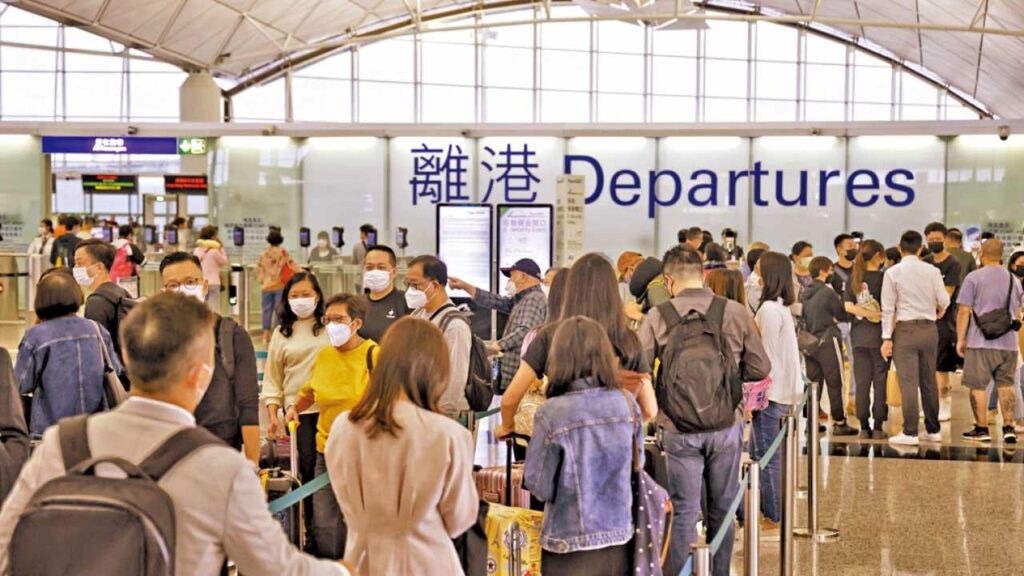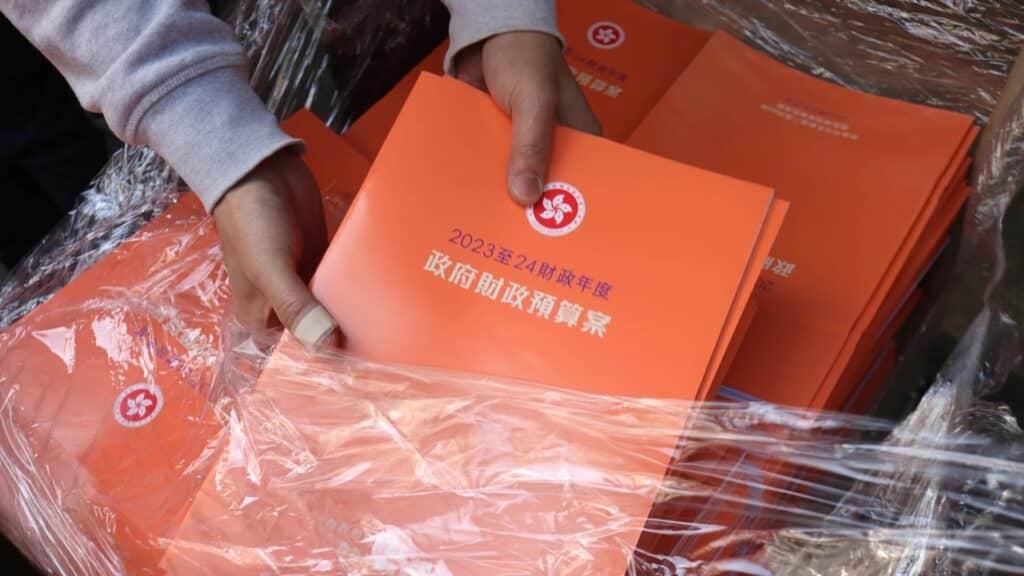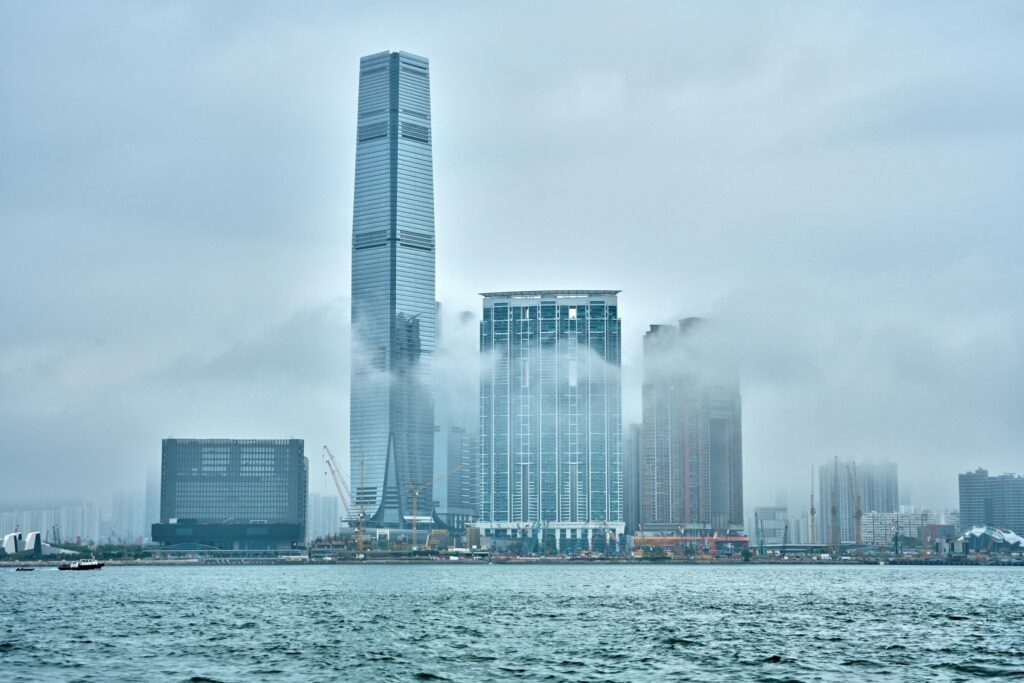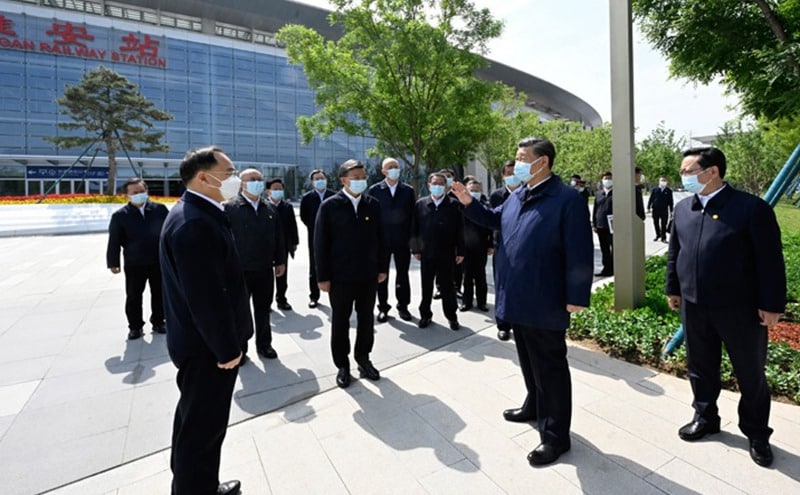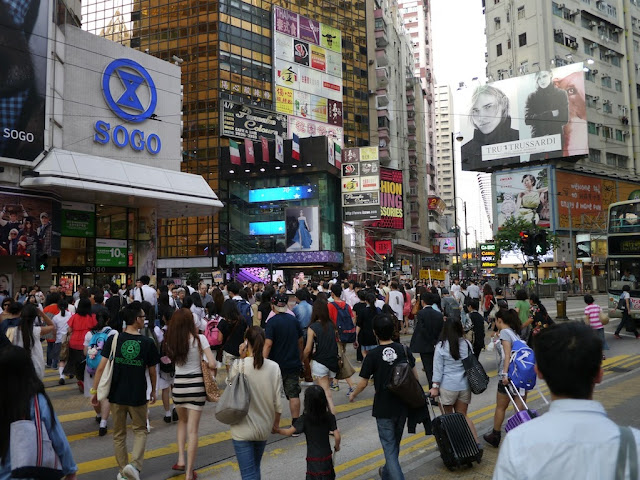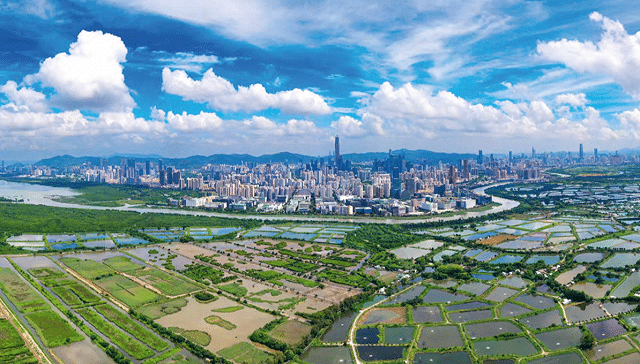Let "cross-border implementation" become a new paradigm for good governance
Earlier, the Minsi Policy Research Institute collaborated with the Shanghai-Hong Kong Joint Institute of Development of the Chinese University of Hong Kong to co-organize the "Building Bridges and Achieving Across Boundaries" seminar, allowing over a hundred participants from different generations and professional backgrounds to form groups and put forward more than 30 proposals covering areas such as governance reform, elderly living, educational innovation, industrial upgrading, and cultural creativity.
Let "cross-border implementation" become a new paradigm for good governance Read More »


